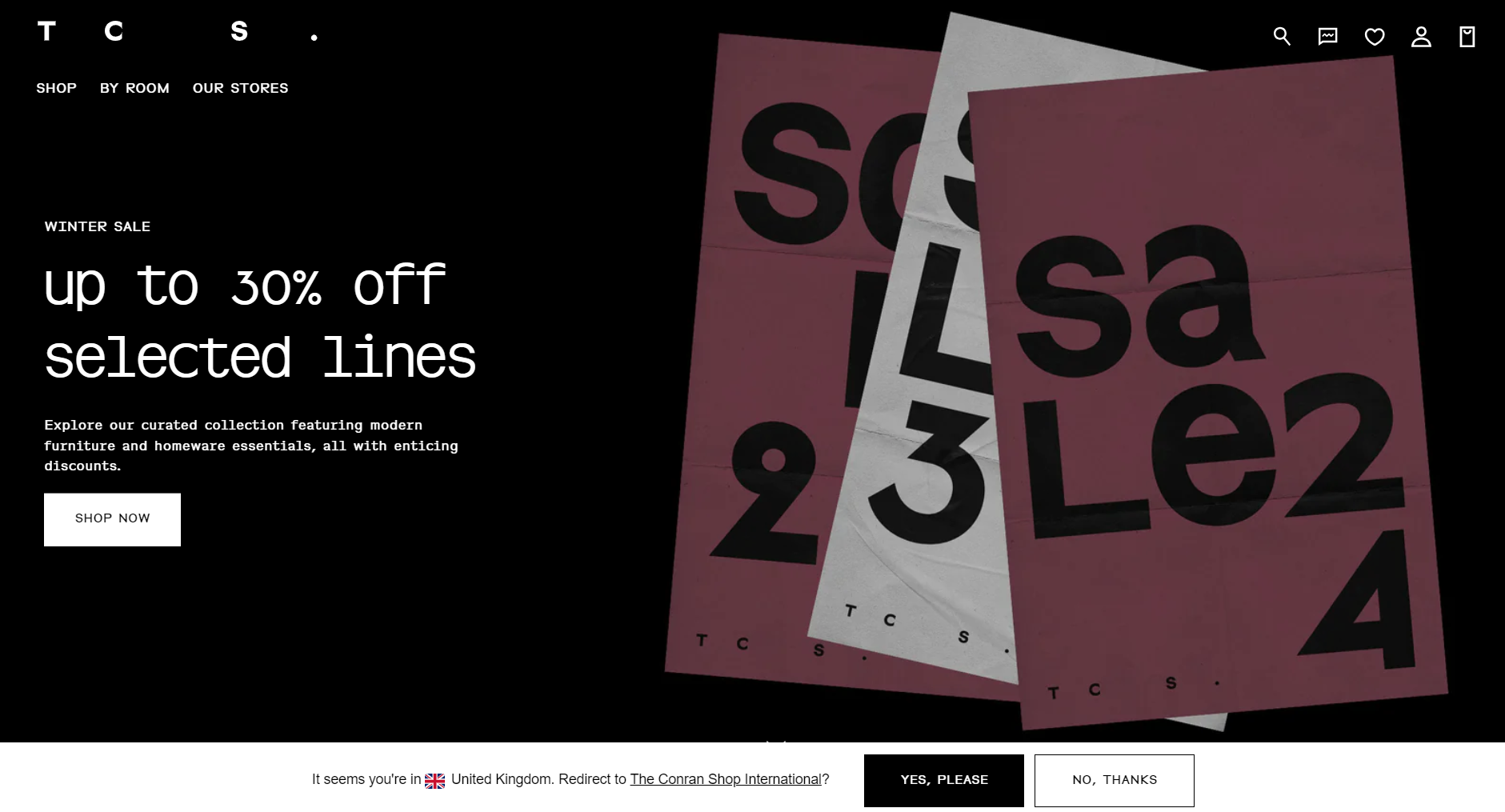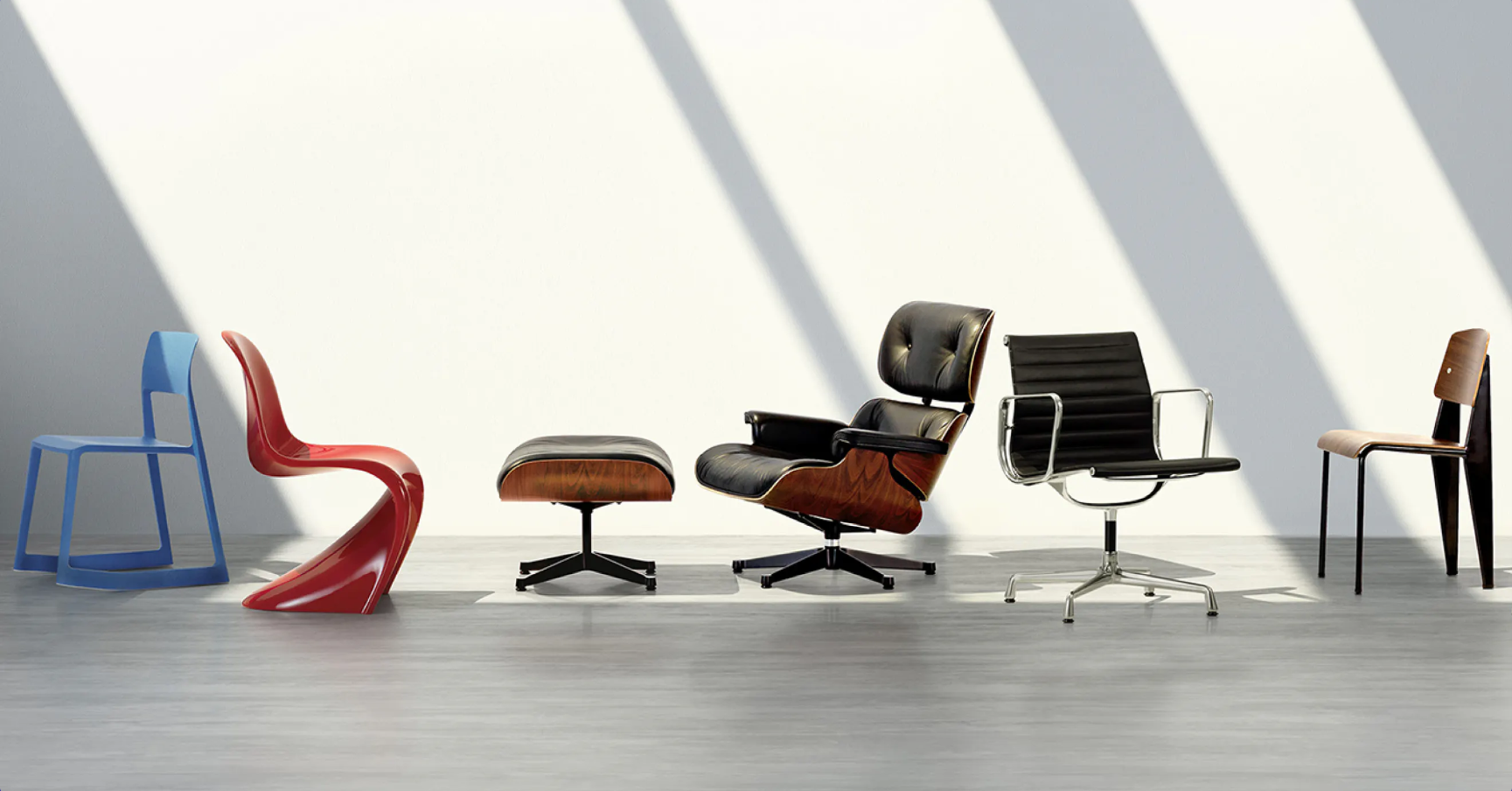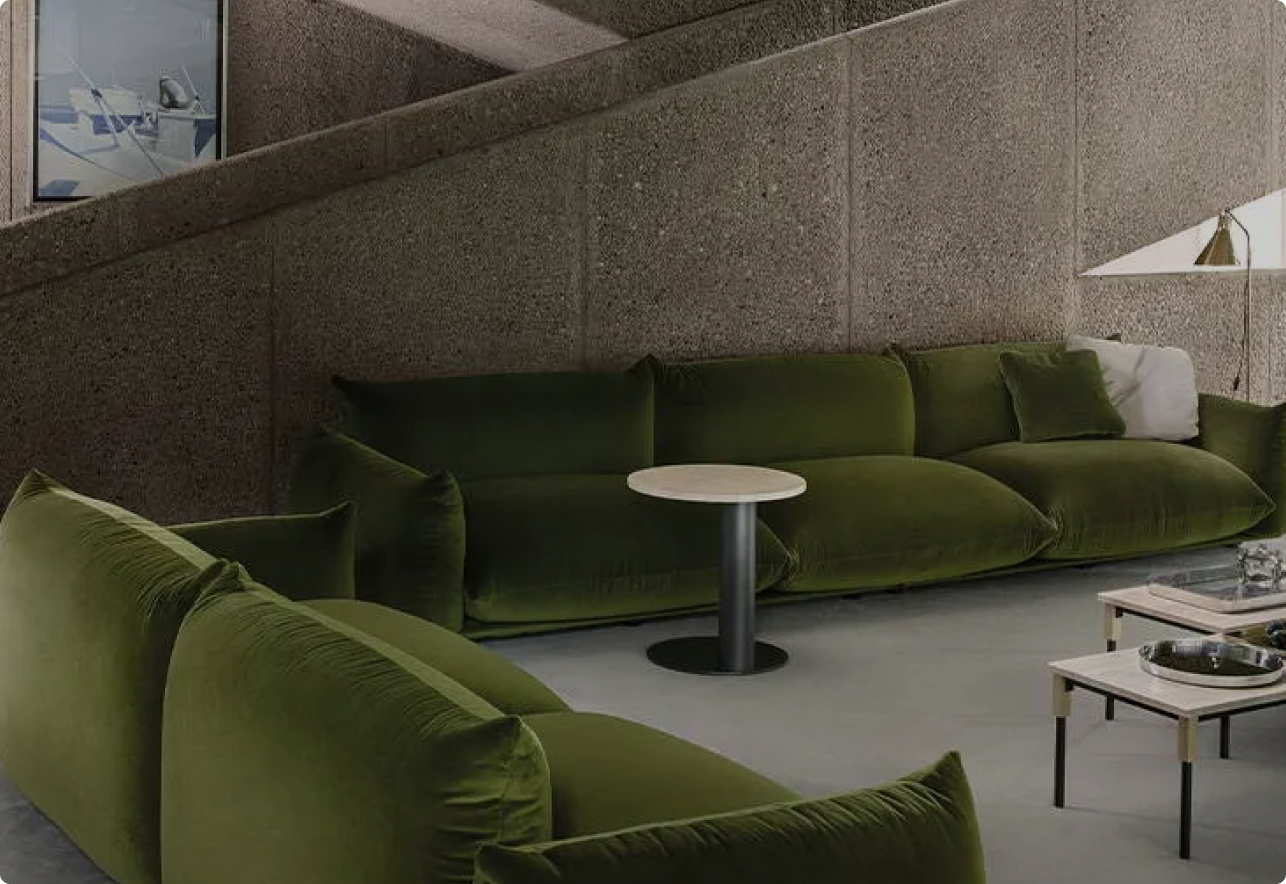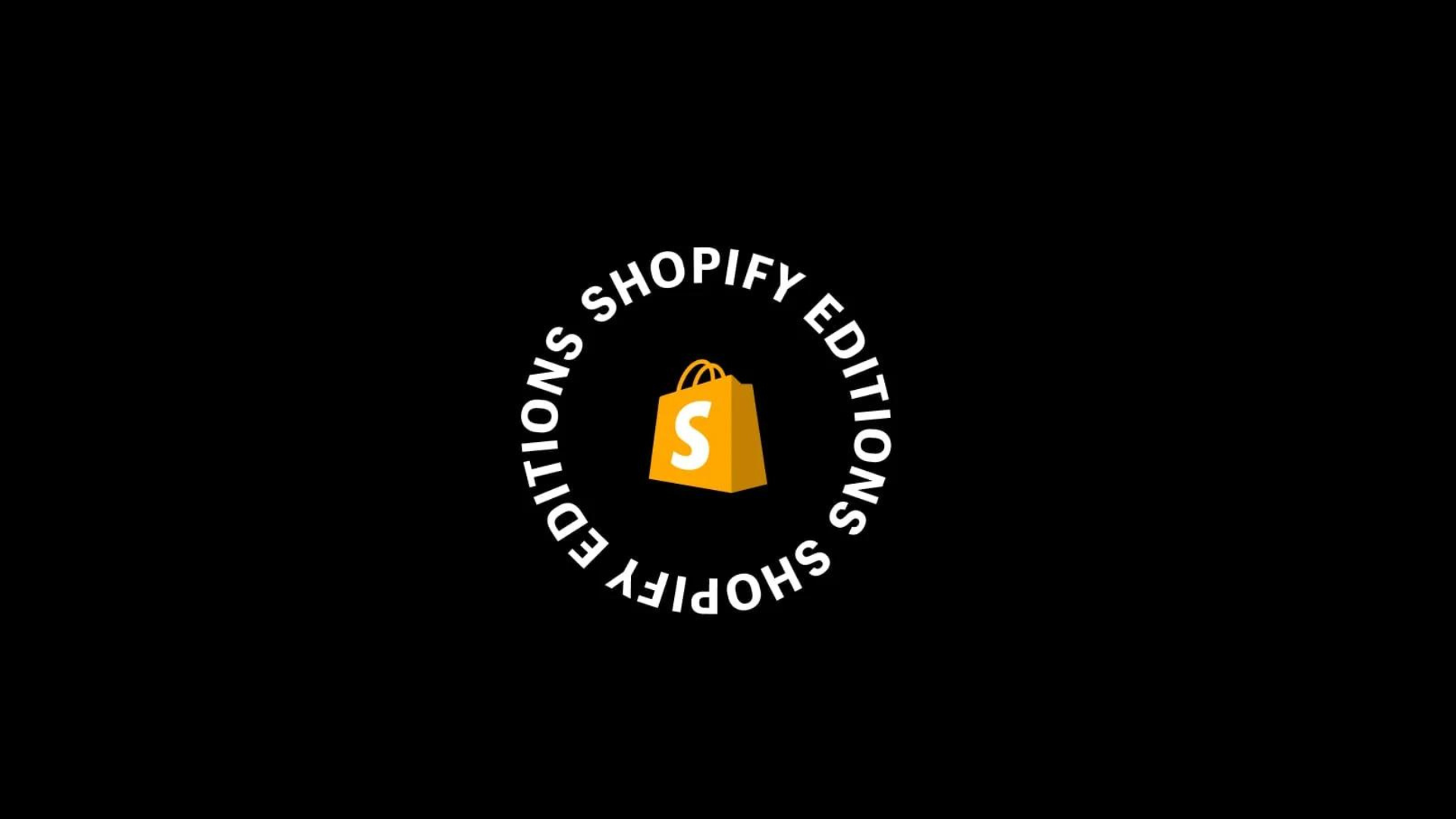International expansion is nothing new for the UK luxury sector. The US, Japan and Europe have long been coveted geographies in which to expand internationally and they are still perceived as the current major markets to crack.
But now there’s a new player on the scene. Neither a continent nor a country, the Middle-East is a vast region that encompasses many different cultures, traditions, and languages. It’s also one of the fastest-growing markets in the world.
The allure of the Middle East
The fast-paced growth of wealth in this region is part of what has made it an attractive internationalisation opportunity for up-and-coming British brands who are already trading online. It’s even more attractive for brands that are within the luxury sector. This is because 70% of consumers in the region claim to have increased their spending on luxury goods in the past year. This is compared to just 53% in the more mature markets, US, Japan and Europe. (Goldstein Research, 2023). In fact, according to Barclays analysts, the Middle East is expected to become one of the fastest-growing markets for luxury retail in 2024.
In addition to the Middle Easts' high-growth rate, the region also offers a more favorable consumer base for the luxury sector. Not only are almost 50% of this region's population under the age of 25, but according to a report by Deloitte, millennials in the Middle East have a far higher disposable income compared to the other major markets, with a stronger willingness to purchase due to cultural ideologies surrounding status and wealth.
Coupled with this ideal target demographic is the fact that whilst we battle against the current economic crisis and recession in the west, the Middle East continues to uphold it’s status as a thriving and vibrant market. The region is one of the world’s largest producers and exporters of oil, and accounts for 31.3% of global oil production. This is a huge driver behind the affluence of the area and its resistance to the economic crisis that other major markets are currently facing.

The Conran Shop launches their new site in Kuwait
The Conran Shop
One British luxury brand on their journey towards Middle-Eastern expansion is our own client, The Conran Shop. Founded by Terence Conran in 1973 and acquired by Javad Marandi in March 2020, The Conran Shop is one of the leading furniture, interiors and lifestyle retailers in the world. Presenting an exciting and unique edit of furniture, lighting, home accessories and gifts, products range from iconic mid-century classics to inimitable exclusives and vintage styles, complemented and brought up to date with a growing range of Design Collaborations & Future Collectibles. We interviewed their Director of Technology, Richard Voyce, to learn more about their recent international expansion into the Middle East...
Were The Conran Shop trading in other countries prior to The Middle East expansion?
“We’re a brand with a rich heritage - 50 years worth to be exact! In that time we have extended our sales overseas in part, but we are still predominantly trading in the UK. This is mostly down to our presence as a very British luxury brand. However, things also became more difficult in terms of trading in EU countries following Brexit. Which also has held us back somewhat from expanding The Conran Shop further in European markets closer to home. I think a lot of UK brands found themselves in the same position and it has forced many retailers to think differently about new models and approaches to international expansion.”
Why did The Conran Shop choose to expand their ecommerce offerings in the Middle East?
“First of all, the UK market is quite downbeat at the moment and conditions are difficult for mid-market and some high-end brands, particularly within the Home and Living sector. The Middle East offers new opportunities as a region that is not experiencing the same economic downturn as the West. That coupled with the fact that there’s a greater affluence and a higher-spending market means that it’s an excellent fit for mid to high-end brands such as The Conran Shop.”
“For The Conran Shop, we were also fortunate in that it was a joint venture and the chance to work with a partner that had already acquired knowledge and experience of the Middle East, this enabled us to get up and running a lot faster through utilising an already established network.”
Your UK site is on Magento, but you chose Shopify as the platform for the Middle East. What influenced this decision?
“We had grown tired of the ongoing development costs of maintaining our Magento store. A lot of our spend was going into simply running the site and fixing security patches. We wanted to reinvest as we felt we weren’t getting value for money. We also wanted to reallocate the money we would be saving into developing both our product and our experience for customers, spending budgets instead on things that make a valuable difference to our brand. Launching the Middle East store on Shopify was down to timing, as we had already made the decision that we wanted to migrate to Shopify so it was sensible to ensure all other stores were on the same platform.”
“The initial attraction with Shopify was that they offered greater flexibility for our unique business needs and the opportunity to develop a more modern digital experience with our online stores which will enable us to continuously improve and innovate. More effort is now being placed creating onsite experiences that really showcase our products. We didn’t have the time or ability to look into this when we were on Magento as our total cost of ownership was too high and our operations were too complex.”
Did you opt for Shopify Expansion Stores or Shopify Markets?
“Our roadmap for expansion into the Middle East consists of us expanding out country by country, starting with Kuwait in 2023, Dubai in 2024 and Saudi Arabia in 2025. Therefore, there was a huge benefit to us in going with Shopify Expansions on Shopify+ as we will be able to quickly spin up new versions of the site for the different locations.”
“Shopify were great in this decision process by engaging with us to look into both options, and this really helped out decision making so I was definitely encourage merchants considering any international expansion to start the conversation with their agencies and then bring Shopify into the discussion directly.”
Why did you choose Unified to support the development of the Middle East site?
“We chose Unified because your team has always delivered against what we have asked for and because of our history with Unified we wanted you to come on the growth journey in the Middle East with us. It was also very reassuring as a Magento customer, transitioning to Shopify, that you had extensive experience of both platforms. That was very important considering we were also migrating the UK site over to Shopify at a later date, and we wanted this process to be as seamless as possible. We trusted Unified to do the job!”
“It also helps that we have worked with the Unified team for many years and because you intrinsically understand our products and systems. Unified takes the time to learn the inner workings of a retailer, and you have a sound knowledge of our ecommerce roadmap and transformation plan, and how we were looking to grow.”
Have there been any cultural or localised differences you’ve had to take into consideration in order to launch your new site in the Middle East?
“Kind of - but it’s not as drastic as some merchants may be anticipating. There are of course some different tastes and trends in the region, but because we have set-up a local team on the ground, it means that we can better develop and adapt to consumer’s buying behavior.”
“You can expect to be faced with different shopping habits, predominantly around click and collect. This is a much more popular service in the Middle East region than in the UK and Europe. This means you’ll need to think about your checkout process on-site. We had to add an additional step to checkout were a proof of identity is taken so this can be checked when the person comes to collect in-store.”
“Something else to be aware of is the fact that payments are still an issue on Shopify in the Middle East as it’s unsupported, this means we had to integrate with a third-party payment provider to make online payments possible.”
“Aside from payments, translation to the Arabic language has been the most challenging and our work in this area is still underway. Due to the nature of the language reading from left to right, this has meant that we have had to consider how layout and UI will be effected and revise accordingly. But I will say that the Unified design team have been fantastic in this process, particularly within the planning stage as create the wireframes alongside the Arabic team to ensure they are fit for purpose.”
What’s next on the agenda for the Middle East expansion?
“One key thing we’ve come to realise is that building the new site and migrating to a new platform was only one small piece of the bigger jigsaw puzzle. This is a 1-2 year project as we now need to focus on how we’re going to establish our company as a strong brand within an unfamiliar market.”
“The soft launch is now live, but now we’re working on driving awareness and more traffic to the site through a variety of marketing initiatives to see what works best for our brand out there. Our products are also undergoing continual refinement. The great thing for us though has been having a genuine heritage, as will be the case for many luxury brands. When you already have an established brand you have excellent stories to tell, and its jus a case of working with the local industry out there to get the word out there.”
Lastly, how have you found working with Unified on this project?
“Unified are a good bunch of experienced people who are nice to work with. Its a pleasure to work with the team and they have taken the time to get to know us over the years which has contributed to a trustworthy, open and honest relationship. They always deliver on what they say they will deliver and I look forward to more continued success in 2024.”
To wrap up…
The Conran Shop is not the only British brand on a Middle-Eastern venture. Last summer we saw big luxury brands battling for mindshare over Middle-Eastern consumers such as Burberry with their ‘Summer in Dubai’ campaign and Cartier who released a Ramadan and Eid Al-Adha gift guide tailored to the region. The Conran Shop is, however, a really fantastic example of a high-growth, luxury brand that has spotted a transformative opportunity for its ecommerce offering and has had the focus to see it through.
The Middle-East site was an absolute pleasure for us to work on. We'd love you to take a look at the new Conran Middle-East site.

I look after Unified's overarching marketing strategy and keep our marketing engine running with fresh content, speaking opportunities, award submissions and great partnerships.




